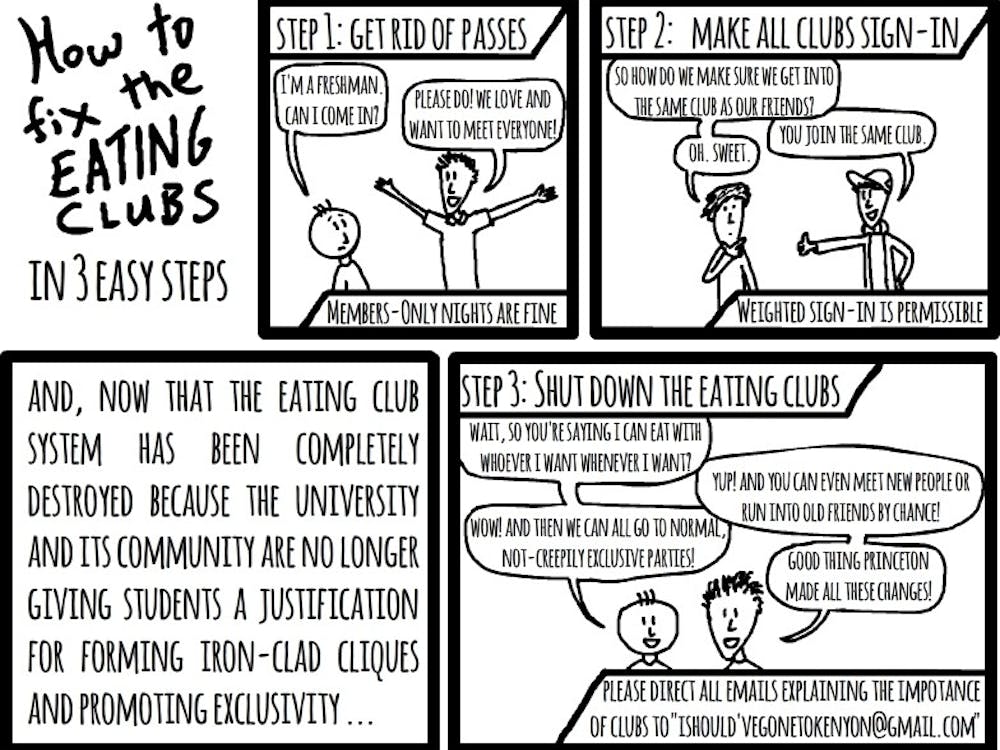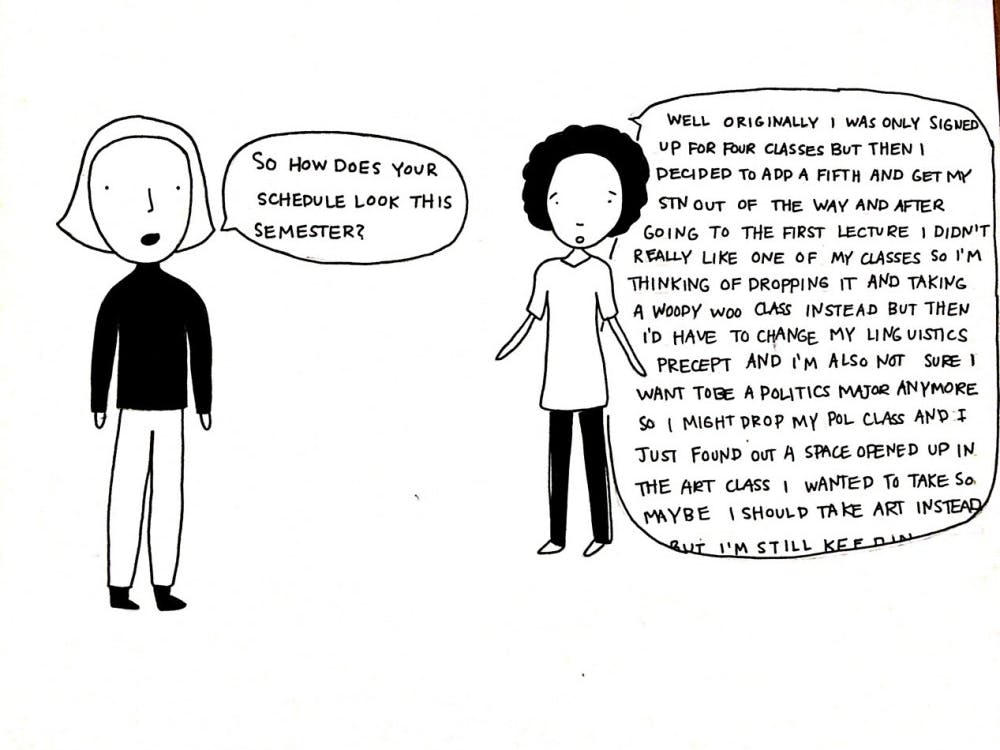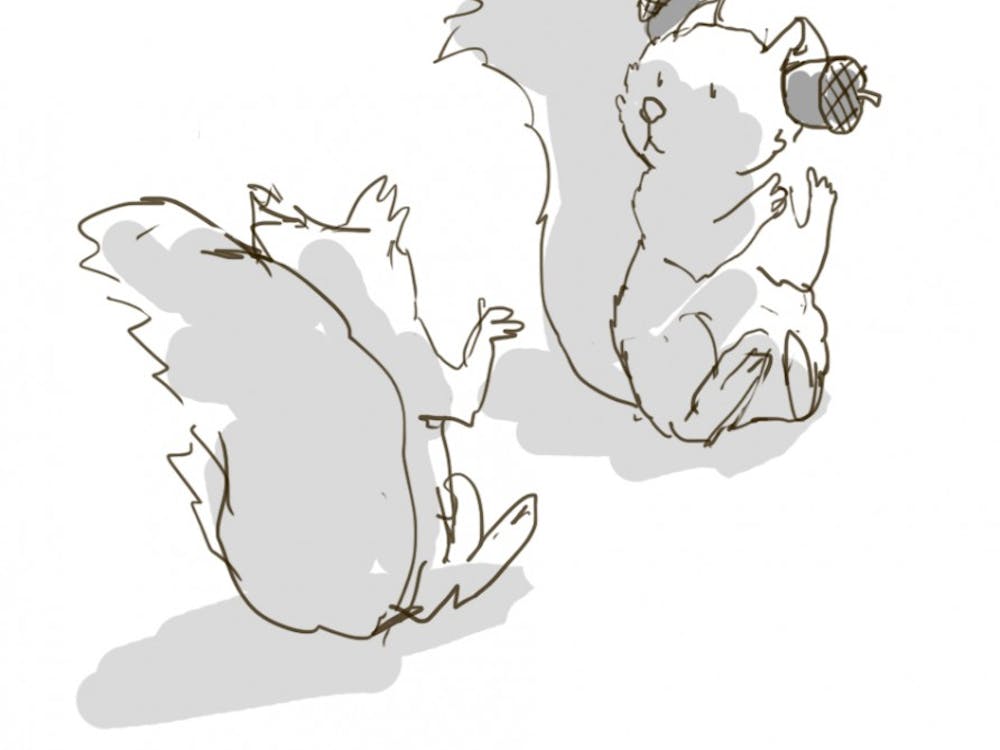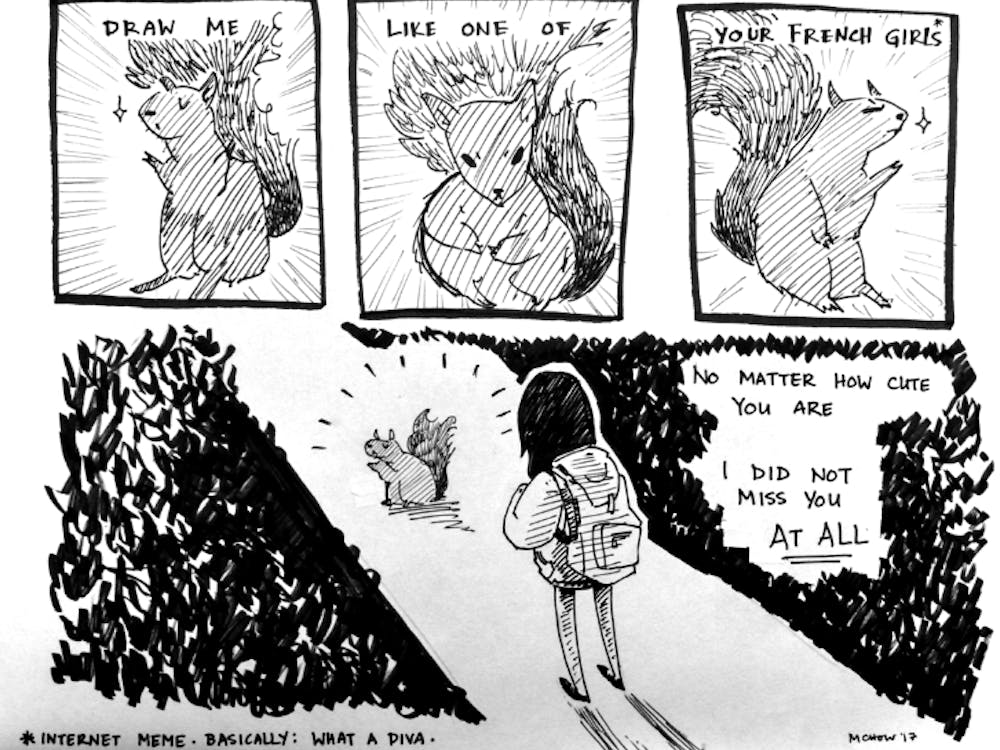Activities fair: bigger but not better
Ali Akram HayatAs you approach the building, you see fellow freshmen buzzing around. Some are alone, while others approach with awkwardly assembled friends from OA/CA and zee groups, still not quite there yet in the friendship dynamic but desperately trying.











